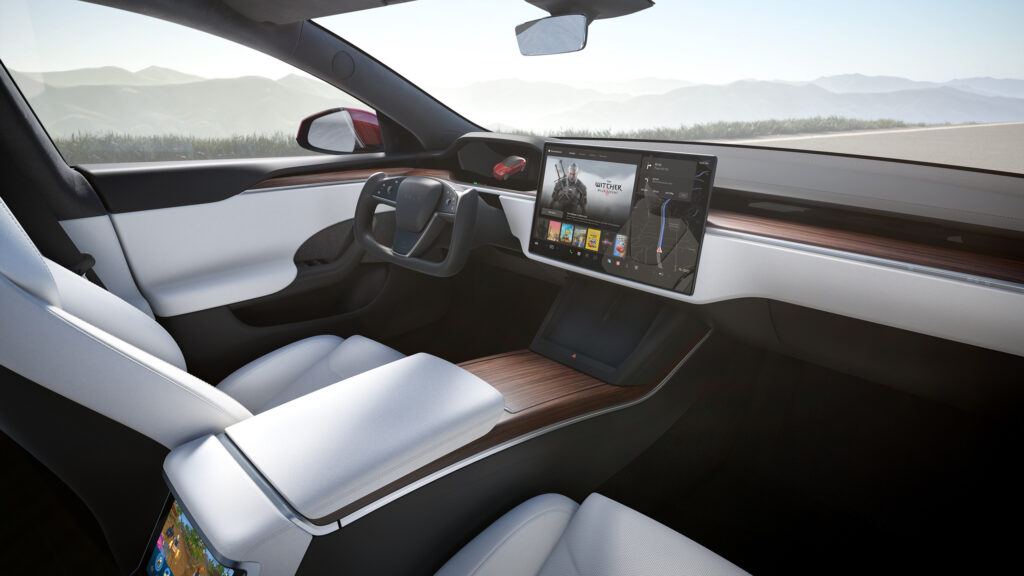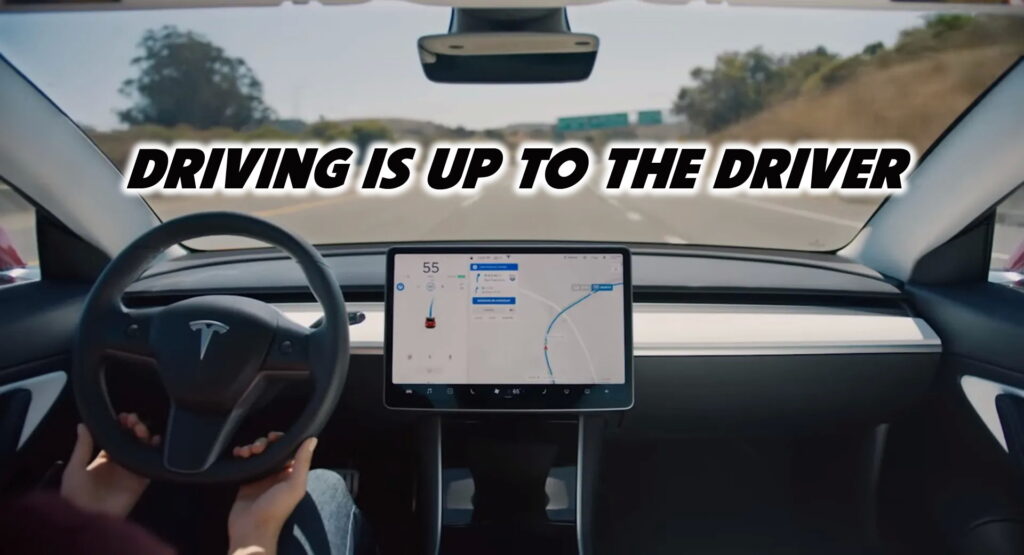Jurors have just handed Tesla its second courtroom victory of the year regarding Autopilot and Full Self-Driving. In theory, this win carries even more weight than the first, as this case specifically revolved around a fatality. With this precedent reaffirmed, it bolsters Tesla’s argument that drivers bear ultimate responsibility for what occurs while they are in control of the vehicle.
This case involved a civil lawsuit filed in Riverside County Superior Court. The plaintiffs contended that Autopilot was responsible for a crash that occurred while Micah Lee was driving his Tesla Model 3. They sought damages totaling over $400 million for the accident.
In that accident, he veered off the highway and collided with a tree, resulting in a fatal fire. Two passengers in the vehicle survived the crash but sustained substantial injuries.
More: Tesla Owner Wins Case After Being Pulled Over By Police For Driving Hands-Free

Tesla refuted these claims on several grounds. They argued that Micah Lee had allegedly consumed alcohol before the accident, and there wasn’t conclusive evidence that Autopilot was actively engaged at the time of the crash. Additionally, Tesla emphasizes to its customers that they must remain prepared to assume control of the vehicle at any moment while using Autopilot and Full Self-Driving features. Ultimately, the jury ruled in favor of Tesla by a vote of 9 to 3.
As we’ve established above, this is the second win in court for Tesla and its semi-autonomous driving tech this year. In the first case, the driver claimed that Autopilot caused her to veer into a curb causing her significant injuries. The jury said that distracted driving was the real issue there.
Bryant Walker Smith, a law professor at the University of South Carolina, shared with Reuters that the verdicts shows that “our juries are still really focused on the idea of a human in the driver’s seat being where the buck stops.” However, it’s worth noting that these verdicts do not deter the ongoing investigation being conducted by the National Highway Traffic Safety Administration (NHTSA).
It’s still in the process of reviewing a mass of data from Tesla and other sources surrounding Autopilot and FSD. It’s trying to determine what correlation there is between Tesla’s semi-autonomous driving systems and a number of accidents around the nation. Those findings could prove even more impactful than this case.





